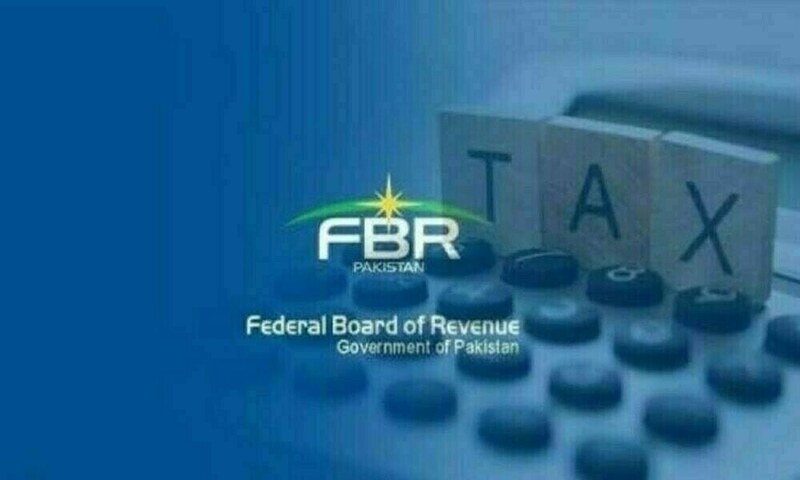PTBP Web Desk
The transformation of the Federal Board of Revenue (FBR), the Revenue Division has requested a one-time dispensation from the policy mandating the abolition of 60% of vacant posts in its field formations. This request was made during a recent meeting of the Cabinet Committee on Rightsizing of the Federal Government, convened virtually under the leadership of Finance Minister Muhammad Aurangzeb.
The meeting, held on a Friday, was a platform for discussing the organizational health and efficiency of various federal departments. The agenda included not only the rightsizing of government structures but also understanding the impact of these decisions on public service delivery. The Finance Division issued a statement detailing the proceedings and outcomes of this crucial session.
The Revenue Division’s presentation focused on the FBR’s ongoing transformation plan, approved by the Prime Minister on September 19, 2024. This plan includes significant steps toward modernizing the Customs Department through automation and technology integration. Key initiatives like the Faceless Customs Assessment and Examination were highlighted, aiming to enhance operational efficiency and curb corruption.
The Revenue Division has already taken steps by abolishing 158 posts (BS-18 and below) and designating 27 posts (BS-16 to 20) as “dying posts,” in line with a previous cabinet decision on August 27, 2024. However, the division stated that these actions have posed challenges to the FBR, particularly in terms of operational capacity amidst the push for technological upgrades.
The statement from the Finance Division quoted the Revenue Division’s plea for a one-time exemption from further post abolishment, suggesting that this would provide the necessary breathing space to implement the transformation plan effectively. Finance Minister Aurangzeb acknowledged the historical under-investment in FBR and emphasized the critical need for technological advancements to boost efficiency and service quality.
Parallel to the discussions on FBR, the Ministry of Poverty Alleviation & Social Safety also presented its mandate and operational structure. Aurangzeb pointed out that despite advancements, the ministry’s efforts have been somewhat fragmented, affecting the scalability and impact of public policy and service delivery. He advocated for a more integrated strategy to enhance outcomes across these verticals.
In response to these insights, Aurangzeb directed the sub-committee of the Rightsizing Committee to delve deeper into the organizational structures and functions of both the Revenue Division and the Ministry of Poverty Alleviation & Social Safety. The sub-committee’s task will be to assess these entities for potential areas of improvement in public service delivery, aligning with the overarching goals of rightsizing and efficiency.
The meeting concluded with a clear directive to engage more closely with these departments, aiming to foster an environment where public services can be more effectively managed and delivered. This includes not just cutting down on unnecessary posts but also investing in the right areas to ensure sustainable growth and efficiency in government operations.




